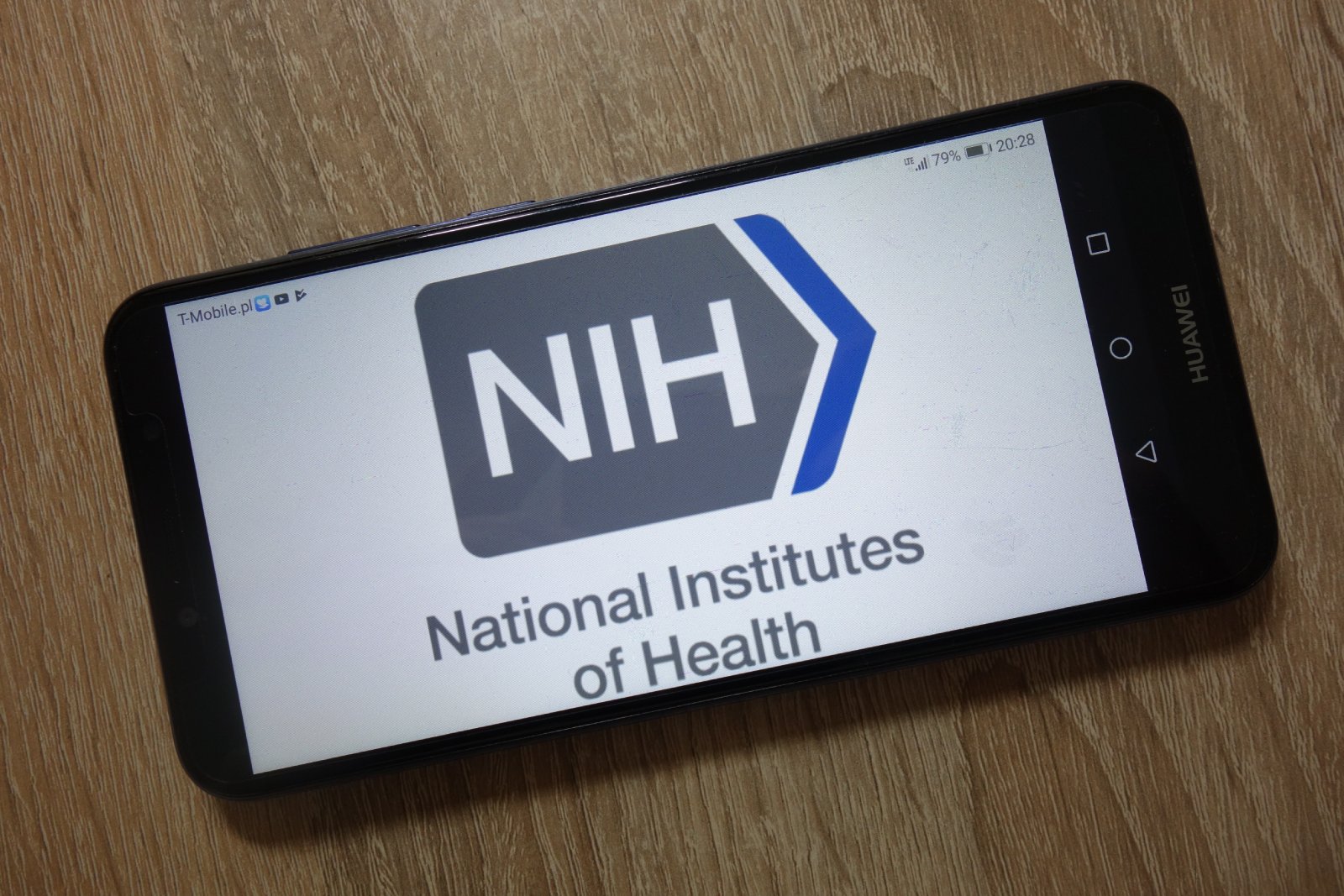NHS England’s delayed trial on puberty blockers, set to begin in 2025, is stirring controversy and could reshape transgender healthcare in the UK. Here’s the full story.
“Tread More Lightly”

Upon taking office, the recently elected Labour government promised to put years of Conservative culture wars behind them, with Prime Minister Keir Starmer assuring the public that the government would “tread more lightly” on the lives of voters.
Transgender Exclusion Persists

However, this has not been the case for transgender individuals in the UK who, for years, have been the target of a malicious and unscientific campaign of demonetisation, which culminated in the Cass Report.
Cass Report’s Weak Evidence

The Cass Report, published in April, suggested that the use of puberty blockers, the most commonly used form of treatment for young people experiencing gender dysphoria, was based on “remarkably weak evidence.”
International Outcry

However, this finding has caused outcry internationally, with several international medical bodies pouring cold water on its conclusions. The World Professional Association for Transgender Health (WPATH) decried the Cass Report’s “selective and inconsistent use of evidence.”
UK Accepts Report

Despite the sustained criticism from several international medical associations and specialists in transgender medical care, in the UK, the Cass Report has mainly been accepted as gospel, leading to the previous Conservative government banning puberty blockers in the UK, claiming more clinical trials were needed.
“Deeply Disappointing” Ban

At the time, the transgender advocacy charity Mermaids described the decision as “deeply disappointing and a further restriction of support offered to trans children and young people through the NHS, which is failing trans youth.”
High Court Upholds Ban

Despite criticism, the High Court upheld the legality of this ban in a ruling last month, despite challenges from advocacy groups concerned about the impact on young transgender individuals.
Clinical Trial Announced

Recently, NHS England announced that the long-anticipated clinical trial to examine the effects of puberty blockers on children and young people questioning their gender identity is now expected to begin in early 2025.
Delays in Start Date

The trial was originally expected to begin at the end of 2024, but it has been delayed several times. It will now proceed under the oversight of the National Research Oversight Board, in collaboration with the National Institute for Health and Care Research (NIHR).
Extensive Study Planned

The planned trial is expected to be one of the most extensive of its kind, involving several thousand participants across England and Wales. Children and young people referred to the newly established regional gender clinics—of which up to eight are expected to be operational by 2026—will be routinely invited to participate.
Investigating Hormone Effects

NHS England has indicated that the trial will involve a thorough investigation into the short- and long-term effects of puberty-suppressing hormones, including their impact on physical development, mental health, and overall well-being.
Gender-Critical Pushback

However, the decision to conduct a clinical trial on puberty blockers has been met with sustained pushback from gender-critical advocacy groups like Sex Matters.
“Ethically Unjustifiable”

Naomi Cunningham, chair of Sex Matters, stated, “We understand why the NHS and Dr Hilary Cass believe that clinical trials of puberty blockers are necessary, but we would urge them to reconsider. Such trials are ethically unjustifiable, given the known risks of permanent damage to fertility, sexual functioning and general health.”
Bad Faith Arguments

Sex Matters and other gender-critical campaign groups have frequently been accused of acting in bad faith and promoting false claims about the dangers of puberty blockers. For example, a recent study in the esteemed medical journal The Lancet stated, “Puberty blockers are falsely claimed to cause infertility and to be irreversible, despite no substantiated evidence.”
Lower Suicide Rates

Similarly, rates of suicide are shockingly high amongst transgender individuals, and a 2020 study by the American Academy of Pediatrics found that transgender adults who used puberty blockers during adolescence had significantly lower rates of lifetime suicidal ideation compared to those who desired the treatment but were unable to access it.
NHS England’s Argument

Partly due to the confusion surrounding the safety of transgender healthcare, NHS England has argued that the study is vital to establish a clearer understanding of the risks and benefits of puberty blockers.
Implications for Future

The trial’s results are expected to have significant implications for the future of gender healthcare in the UK. Depending on the findings, NHS England has indicated that a new clinical policy on the use of gender-affirming hormones, such as testosterone and oestrogen, could be implemented by mid-2026.
Controversy Continues

As NHS England prepares to launch this landmark trial, the debate over the use of puberty blockers remains as contentious as ever, with gender-critical groups frequently muddying the waters of the political discussion with unscientific claims based on a report that has been internationally condemned for its inaccuracy and bias.
UK’s Global Standing

While preparations for the trial are underway, it remains to be seen if the UK will continue to be viewed as an international pariah on transgender healthcare, with decisions being made for political reasons, or if the findings will promote a better understanding of puberty blockers, allowing this unnecessarily controversial topic to be laid to rest finally.
Featured Image Credit: Shutterstock / Loredana Sangiuliano.
The images used are for illustrative purposes only and may not represent the actual people or places mentioned in the article.

